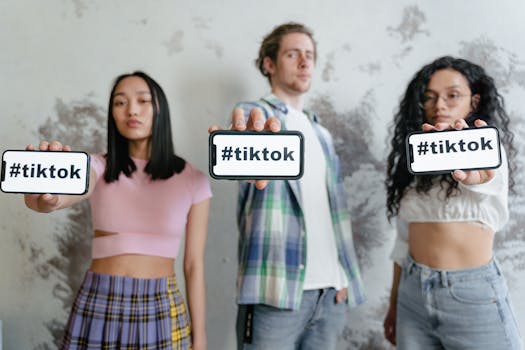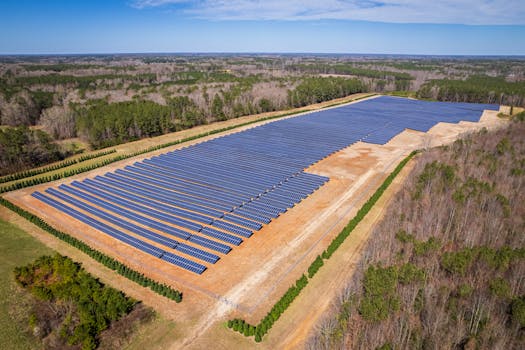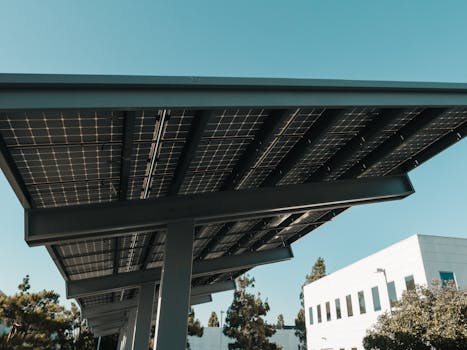
Cultural Shifts and Societal Trends Leading to 2025: Cultural Shifts and the Future of Humanity
Cultural shifts and societal trends are constantly evolving, and as we approach 2025, it’s essential to understand the significant changes that will shape the world. Cultural Shifts are transforming the way we live, work, and interact with each other. In this article, we’ll explore the most notable cultural shifts and societal trends that will lead to 2025 and beyond.
Section 1: Technological Advancements

One of the most significant cultural shifts is the rapid advancement of technology. Artificial intelligence, blockchain, and the Internet of Things (IoT) are revolutionizing industries and transforming the way we live. Virtual and augmented reality are becoming increasingly popular, changing the entertainment and education landscapes. Additionally, 5G networks are enabling faster data transfer and connectivity, bridging the gap between urban and rural areas.
Section 2: Changing Social Norms and Values

Societal trends are also shifting, with a growing emphasis on diversity, equity, and inclusion. The #MeToo movement and Black Lives Matter have raised awareness about social justice and equality. Furthermore, the LGBTQ+ community is gaining more recognition and acceptance, with many countries legalizing same-sex marriage and adopting anti-discrimination laws. The concept of family is also evolving, with more people opting for non-traditional family structures and alternative lifestyles.
Section 3: Environmental Awareness and Sustainability

Another significant cultural shift is the growing awareness of environmental issues and the need for sustainability. Climate change, pollution, and conservation are becoming increasingly important topics, with many individuals, organizations, and governments taking action to reduce their carbon footprint. Renewable energy sources, such as solar and wind power, are becoming more prevalent, and sustainable practices are being implemented in various industries, from agriculture to fashion.
Section 4: Economic and Demographic Changes

The global economy is undergoing significant changes, with the rise of emerging markets and the decline of traditional industries. The gig economy and remote work are becoming more popular, offering flexibility and freedom for workers. The population is also aging, with many countries facing challenges related to healthcare, social security, and pension systems. Furthermore, urbanization is on the rise, with more people moving to cities in search of better job opportunities and living standards.
Section 5: Conclusion and Future Predictions

In conclusion, the cultural shifts and societal trends leading to 2025 are transforming the world in profound ways. As technology continues to advance, social norms and values evolve, and environmental awareness grows, we can expect a future that is more interconnected, diverse, and sustainable. However, we must also address the challenges that come with these changes, such as job displacement, social inequality, and environmental degradation. By understanding and embracing these cultural shifts and societal trends, we can build a better future for all and create a world that is more just, equitable, and prosperous.



